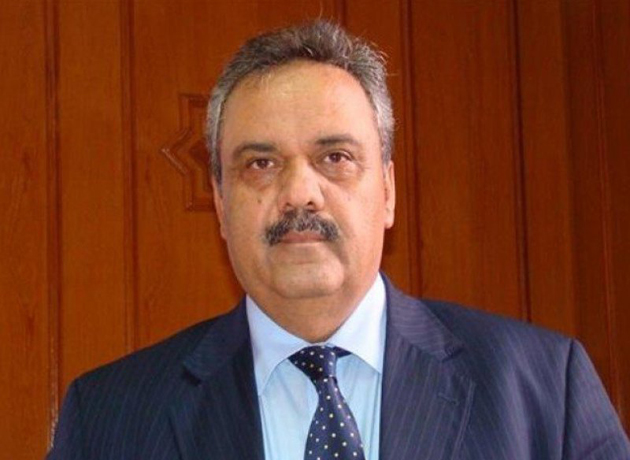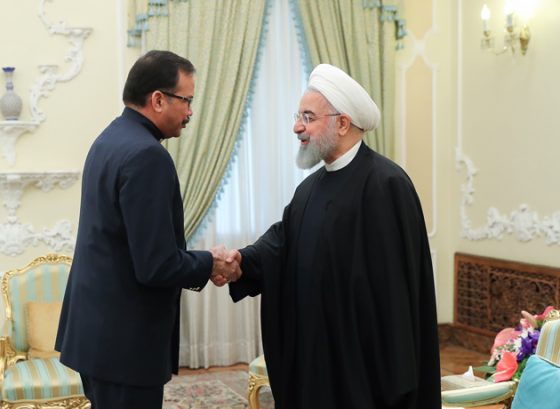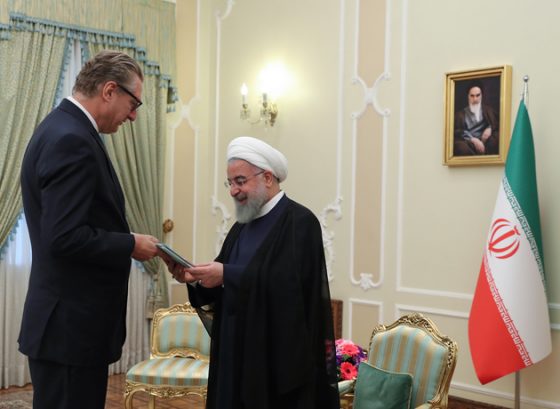Iran’s vibrant political system can sustain external pressures: former Pakistani ambassador

Former Pakistani ambassador to Iran says as compared to the rest of the Middle East, Iran has a vibrant political system which can sustain external pressures, AVA Diplomatic reports.
Asif Durrani in his article published in ‘Daily Times’ said today socio-economic freedoms continue to evolve in Iran to keep pace with the modern trends in politics and economy.
He said Iran is celebrating the 40th anniversary of the Islamic Revolution amidst the worst kind of American sanctions.
“The post-revolution history of Iran is quite elaborate about the sacrifices rendered by the people under the leadership of Imam Khomeini,” said the analyst.
He went on to say that conspiracies of the Americans to topple the Islamic system and the former dictator Saddam Hussein’s imposed war are the major planks of Iran’s contemporary history.
The former ambassador stated that Iranian system of governance has evolved in the past four decades. “From a pure theocratic order, it has adopted the modern system of governance,” he noted.
Asif Durrani added the incumbent President Hassan Rouhani is considered a moderate who has further relaxed social freedoms. “He is also credited with signing of the Joint Comprehensive Programme of Action (JCPOA),” he said.
The analyst said while the agreement brought Iran to global mainstream, President Trump decided to withdraw from the nuclear deal on the pretext that the agreement ignored Iran’s missile programme and its interference in the Middle East.
He strongly believed that the US decision has been a clear setback to the international disarmament mechanism.
The analyst said Iran’s internal political scene has also evolved over the four decades in which the ruling elite have made substantive progress in providing relief to the masses.
“Even opponents to the theocracy in the country admit that post-revolution Iran has achieved universal literacy (97 percent); developed the education system on modern lines with emphasis on development of technology,” said Durrani.
He added despite American sanctions since the inception of the Islamic Revolution, Iran has focused on encouraging indigenous research; in terms of scientific research and publications Iran is ranked second after Turkey in the Middle East and North Africa (MENA) region.
“Poverty in the country has fallen from 13.1 percent to 8.1 percent between 2009 and 2015,” noted the diplomat.
He said in the health sector, according to the WHO report, Iran tops the list in primary health while it has made tremendous strides in secondary and tertiary health throughout the country.
“Infrastructure development in the country is exemplary and can be compared to anywhere in the developed world. Most importantly, hygienic standards in the country are par excellence which immensely contribute to raising the health standards,” said the former ambassador.
He said Pakistan-Iran relations during the past four decades have evolved into a mature and stable partnership. “Both countries have always stood by each other,” said the expert.
The intellectual stated Pakistanis do not forget that Iran was the first country in the neighbourhood which recognized Pakistan soon after independence.
“Supreme Leader Ayatollah Seyyed Ali Khamenei has steadfastly supported right to self-determination of the Kashmiri people,” he said.
The analyst said similarly, Pakistan stood by Iran in the post-revolution period despite pressures from the Americans and some Arab countries.




